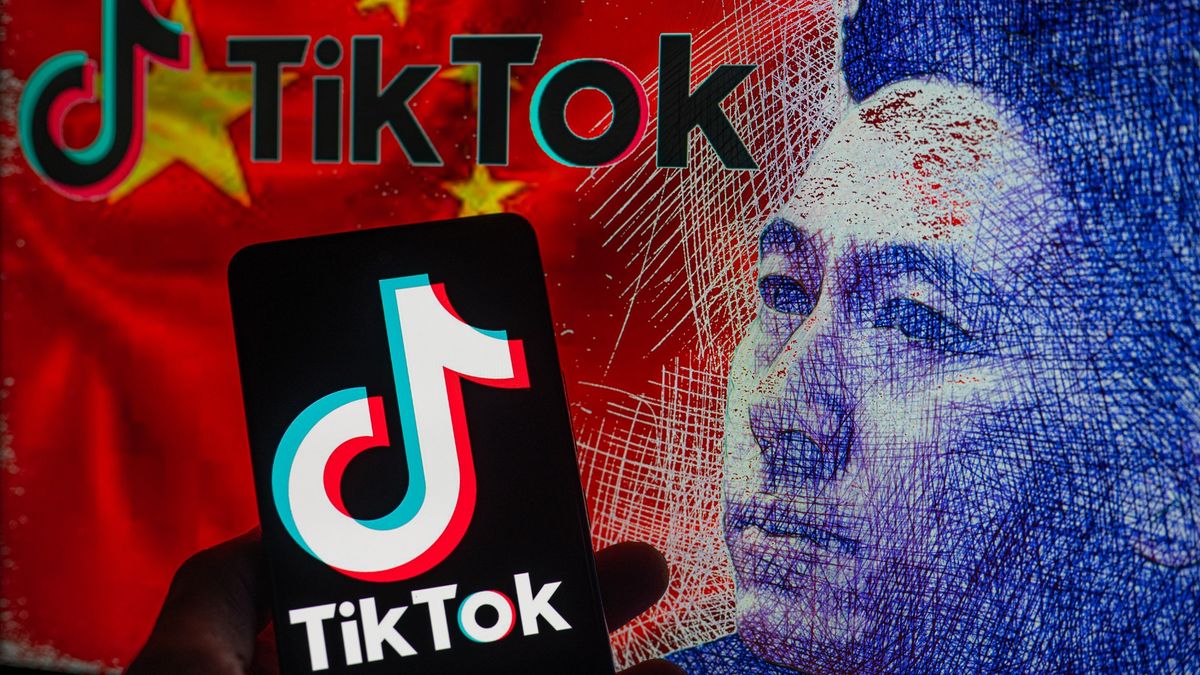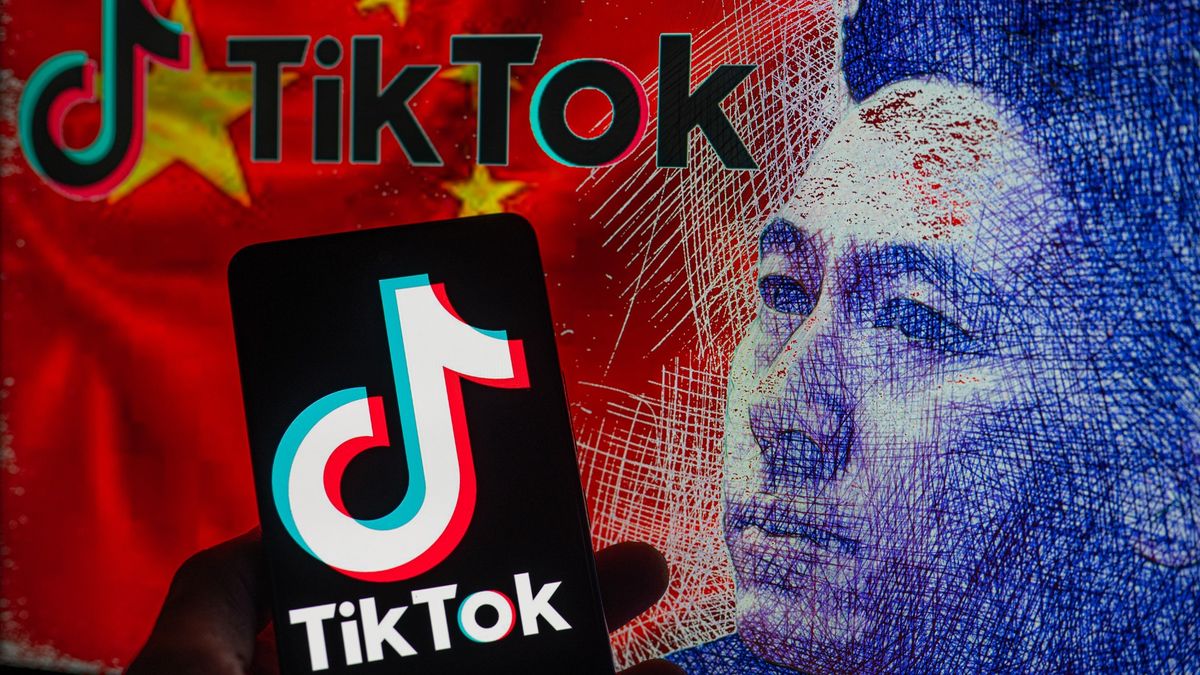
Of all the arguments TikTok owner ByteDance could’ve made to retain ownership and still operate in the US, Freedom of Speech might be the weakest and one it’s unlikely to win when it argues its case before the US Supreme Court on January 10.
Look, I’m no legal expert, but even I know that one of the benchmarks for measuring if you are somehow infringing on speech is if there are limited avenues for someone to share similar views.
TikTok is not unique. I love it and use it myself (and TechRadar is very busy on it), but there are other platforms just like it, including Instagram Reels and YouTube shorts (not to mention BlueSky, X, and Threads). They fall far short of TikTok’s creative capabilities, but the results are essentially the same: delivering your pithy vertical social videos to a wide, public audience.
Here’s what the First Amendment promises:
Congress shall make no law respecting an establishment of religion, or prohibiting the free exercise thereof; or abridging the freedom of speech, or of the press; or the right of the people peaceably to assemble, and to petition the Government for a redress of grievances.
It’s not a lot of text and is open to interpretation, but I find it hard to see how banning the TikTok app in the US (unless ByDance sells to a US entity) meets any of those benchmarks. Sure, the loss of TikTok would close off one avenue for speech. But social media content is like water; when you seal off one spigot, it freely travels to the next available one.
Not the right dance move
TikTok arguing that this infringes on Freedom of Speech is like me arguing that Twitter (now X) shutting down Vine was a First Amendment violation. Yes, losing the ability to create and share six-second videos on the platform was awful, but I was soon using other tools to create animated unboxings. Eventually, I discovered TikTok, where I post an even wider variety of short videos.
I’m not arguing that I agree with the Protecting Americans from Foreign Adversary Controlled Applications Act and its inclusion of TikTok as a national security threat. I believe the work TikTok and its parent company ByteDance did over the last few years – moving data to the US, hiring a US-based staff to run it, and more transparency – has addressed most of these concerns. I do not trust the Chinese government but have long believed that just having a popular app like TikTok in the US is such a point of pride that China has no interest in undermining it by trying to use TikTok as a wide-scale spying tool.
You might consider my views pollyannish, but perhaps you can agree that this law and TikTok’s inclusion are government overreach. Since when is the US government making sweeping rulings about private businesses run on US soil?
No chill
I get that the climate is changing and that the US government has been taking potential action against a broad swath of companies operating in or through enemy nation-states (mostly but not exclusively in China). I’m not sure that’s the right approach, either. I’m certainly not a fan of DJI drones potentially being banned in the US.
However, in the case of TikTok, the US Government is ignoring the will of its own people. Back in August, support for the ban was less than a third of those polled by Pew Research. That was a decline from earlier in the year, and it stands to reason that support has slipped even further.
Unfortunately, most legislators and people at the highest level of government figuratively have their fingers in their ears and are working hard to drown out the growing support for a TikTok pardon.
If, as I fully expect, TikTok loses its argument to stay the ban, the clock will start ticking on its departure. There will be a nine-day window between the expected SCOTUS decision and the inauguration of the next president of the United States, Donald Trump, a returning executive who may play the role of unlikely savior.
While Trump has waffled more than a bit on the topic, he most recently expressed some affection for the platform and even entertained TikTok CEO Shou Chew at his Mara Largo estate.
That could be seen as a positive sign. Trump could write an executive order to postpone the ban indefinitely while still maintaining pressure on ByteDance to slow-walk a divesture.
It could happen. Anything could happen. If none of this makes sense, perhaps the following will help.
An Edict from the US Goverment
With apologies to Clement Moore:
‘Twas the twilight of TikTok and all through the house,
We paused in swiping to consider and grouse
TikTokers were stirring, all ready to pounce
Its fate hung in the balance for nine justices to pronounce
The platform it hung on the precipice of a ban
SCOTUS will listen and ponder if speech-making feels crammed
Arguments were nestled in briefs that we pled
But the chances of success we less better than dead
Influencers in cosplay and filters that slap
When all that was heard was some pre-presidential snap
A guy in a business suit, his blonde hair a flap
Held his hand to his heart and said
I have warmth for some of that
To the top of the White House, this guy did appear
And he grinned a bit too hard because
It’s up to him, I fear
You might also like
Services Marketplace – Listings, Bookings & Reviews
